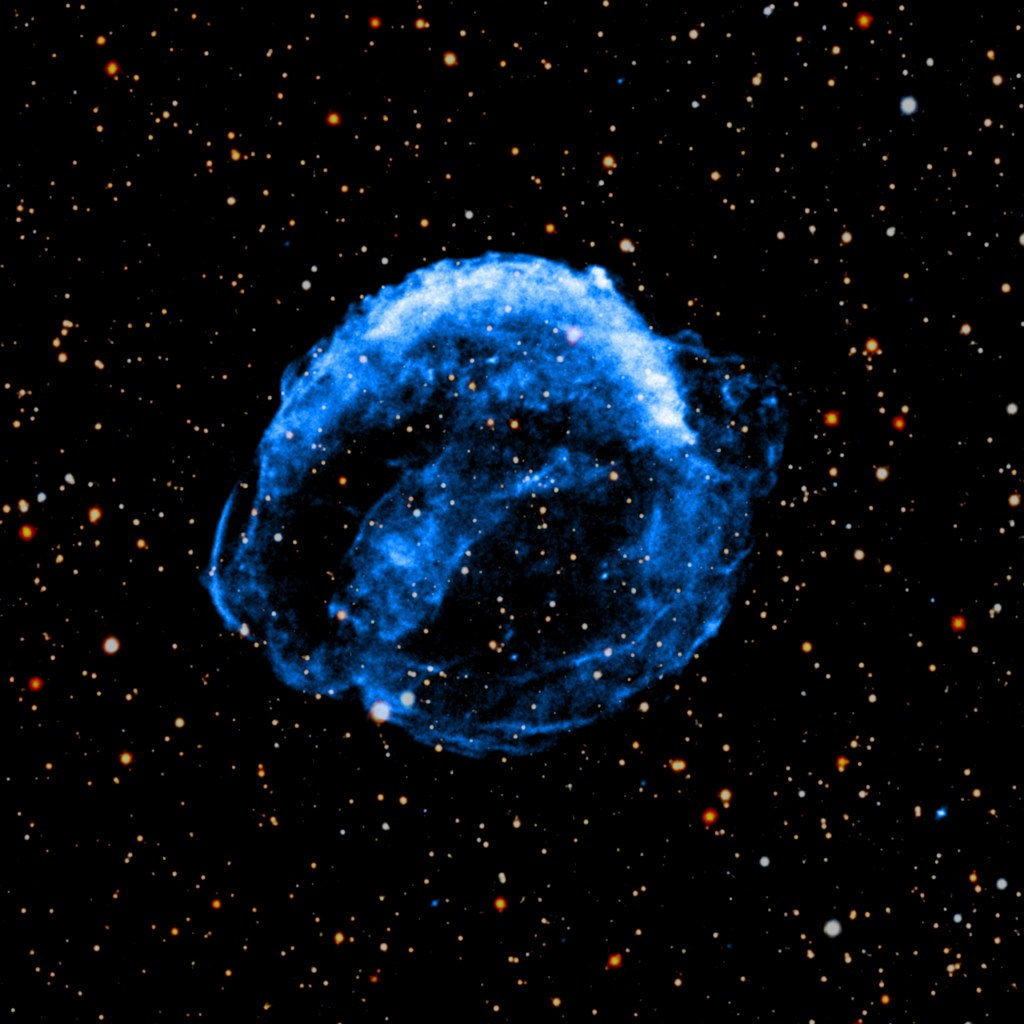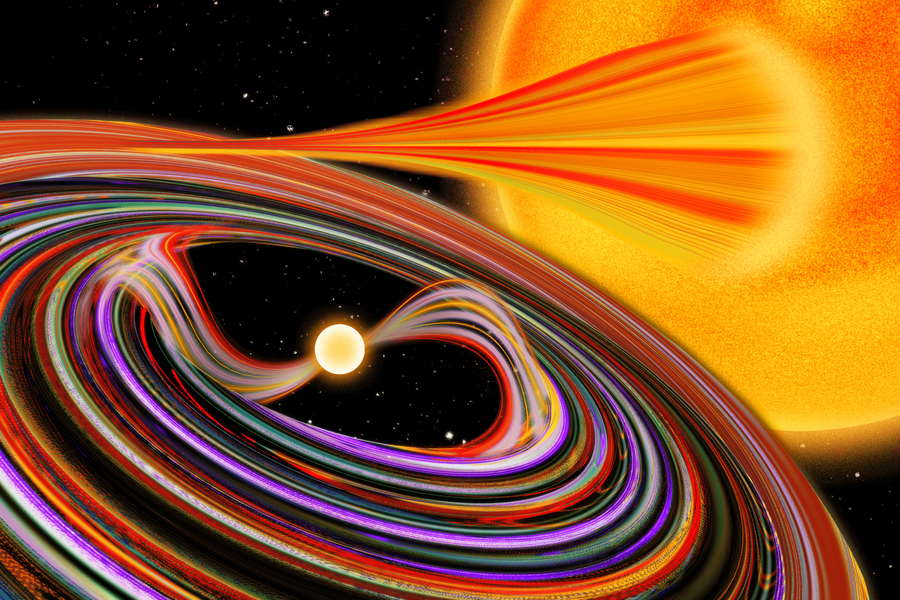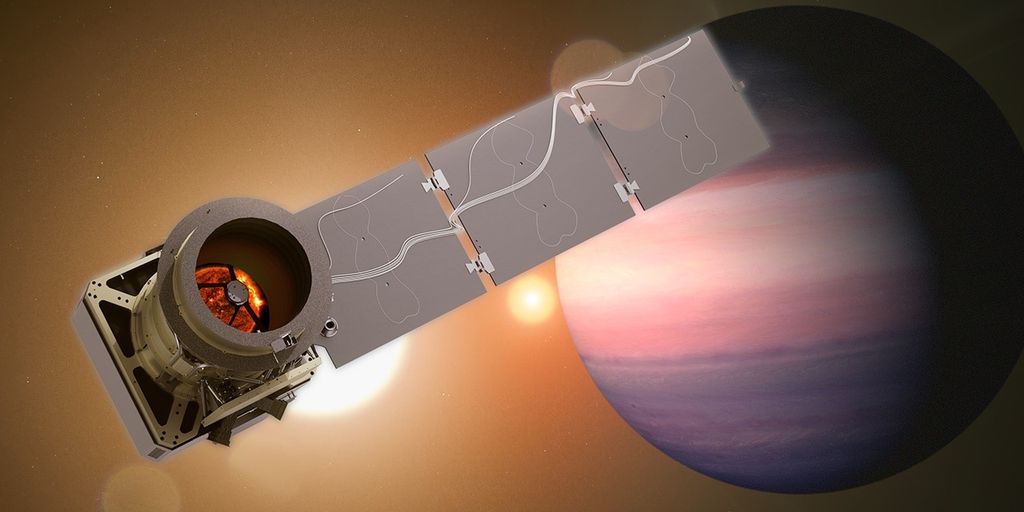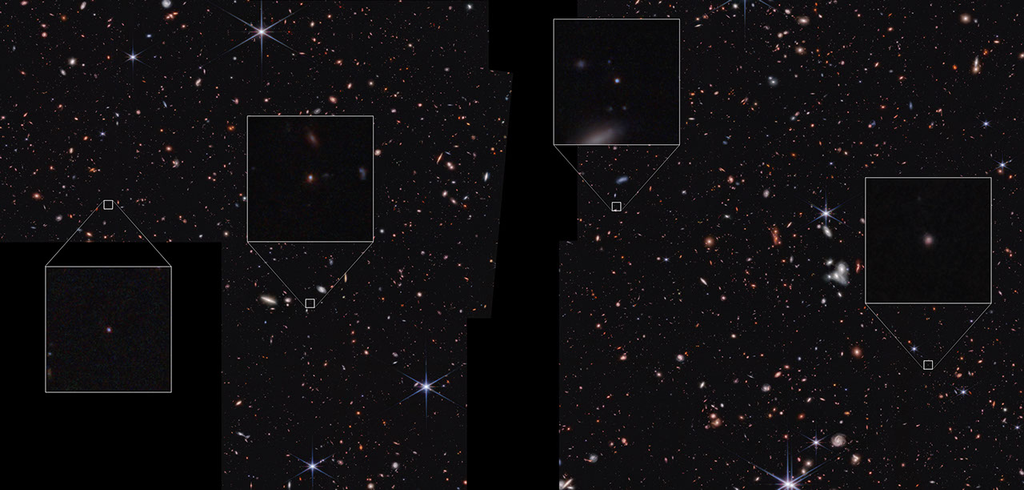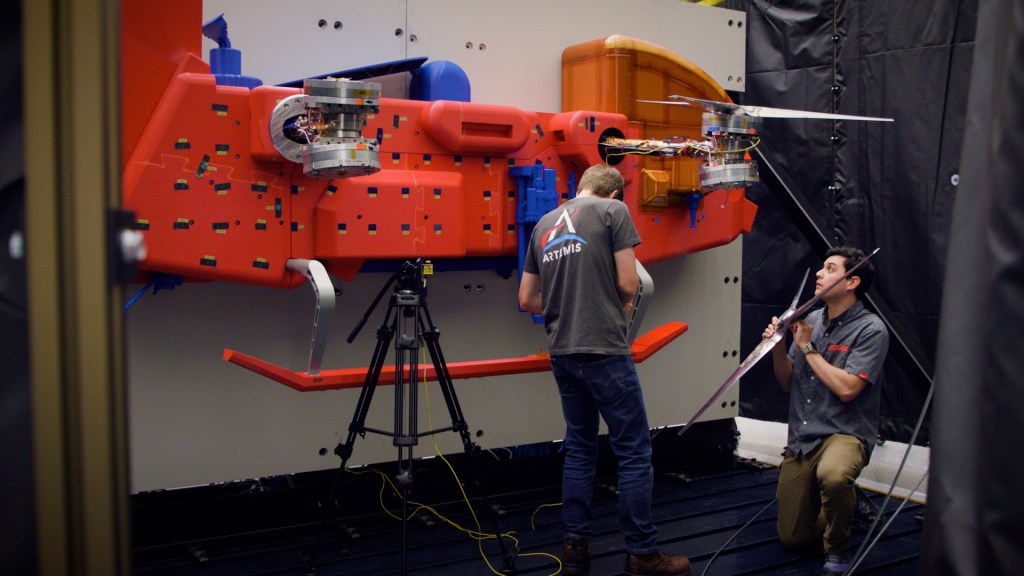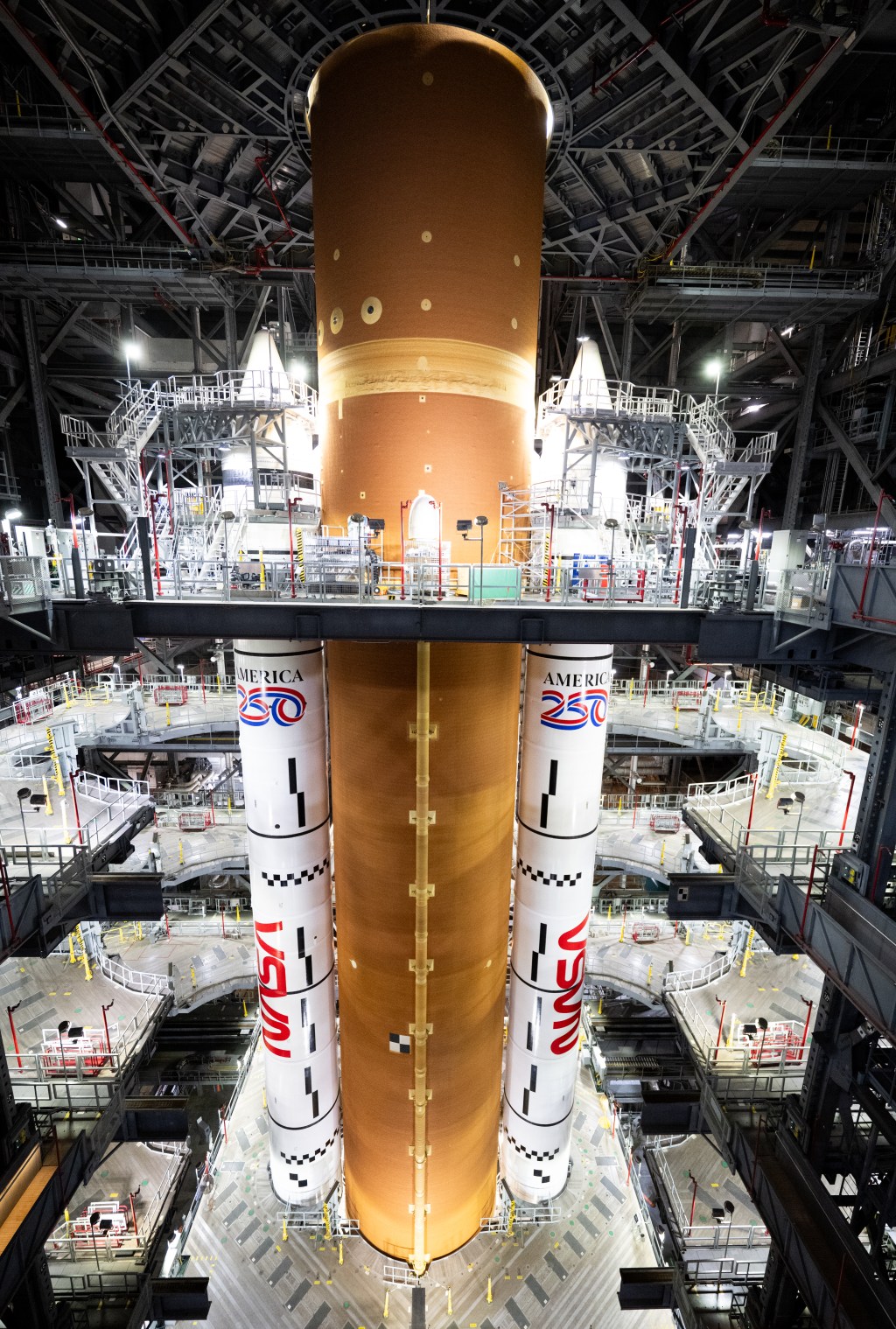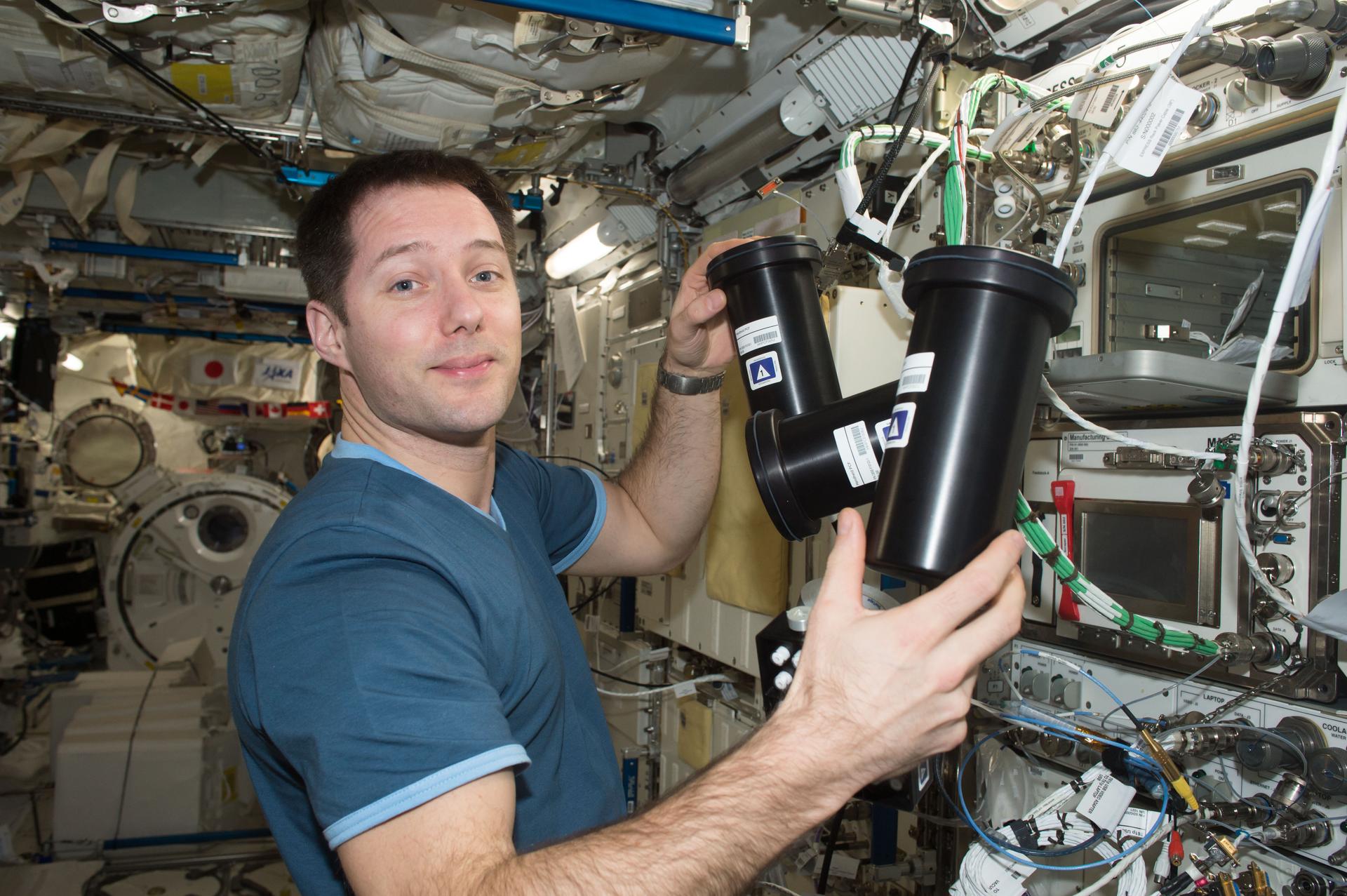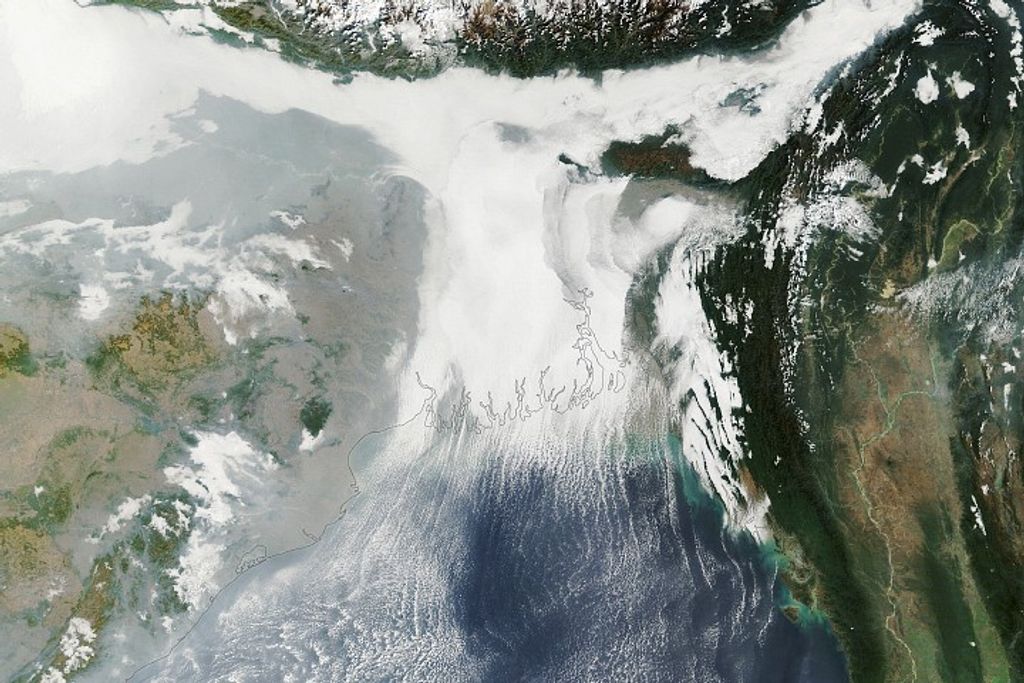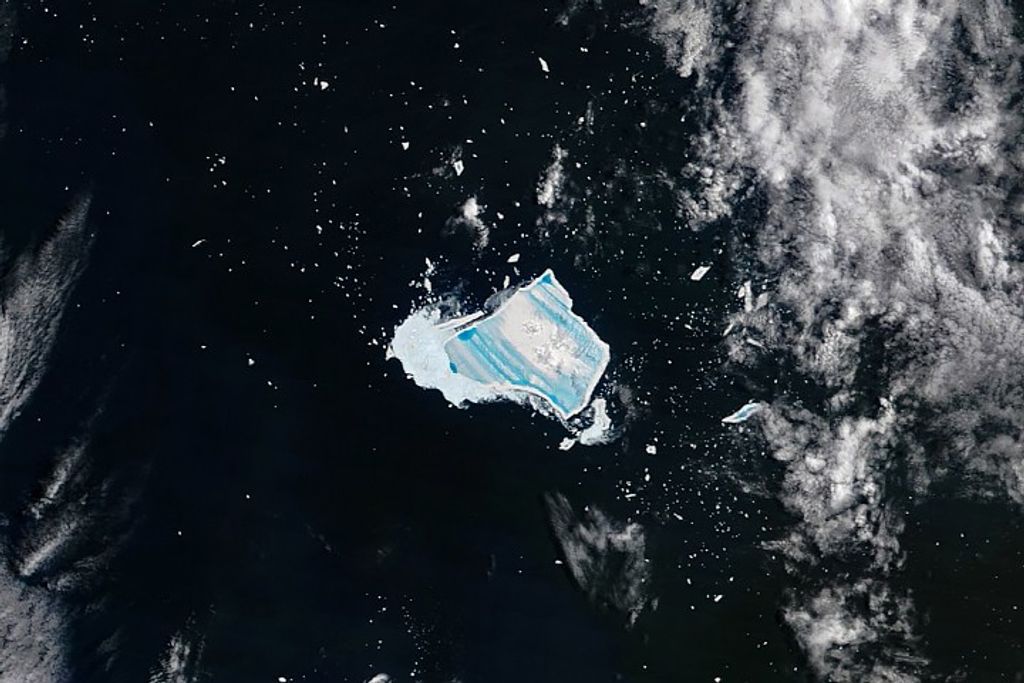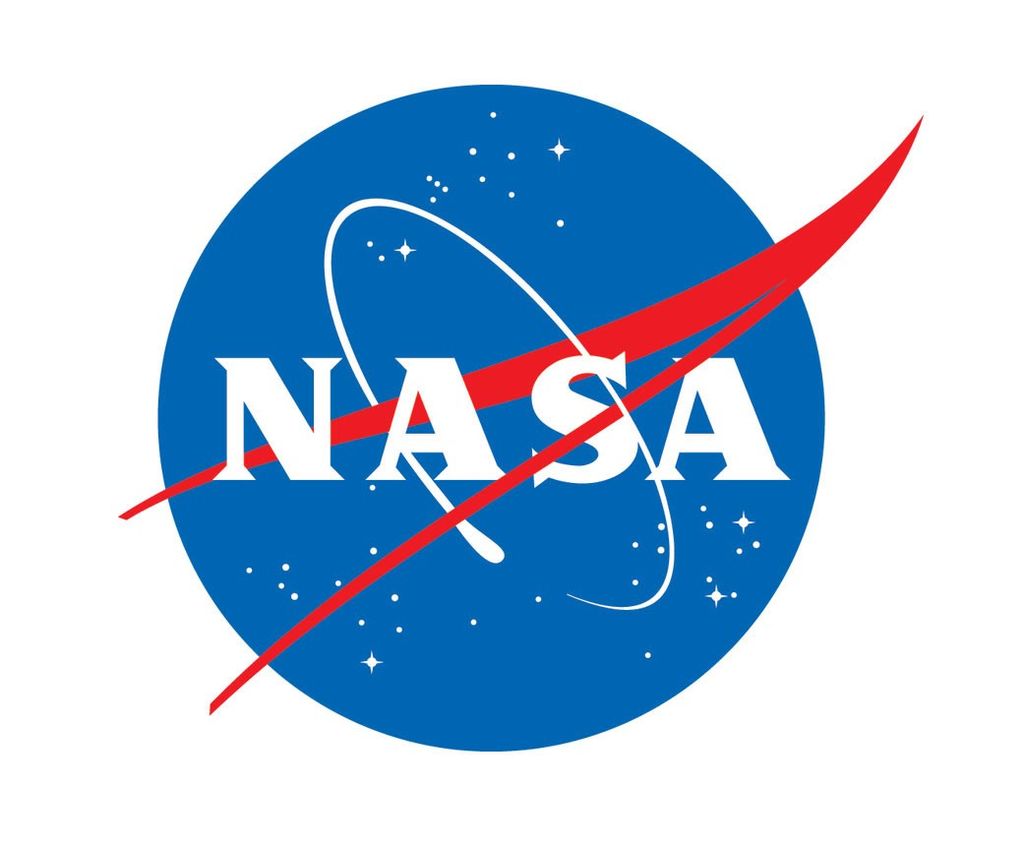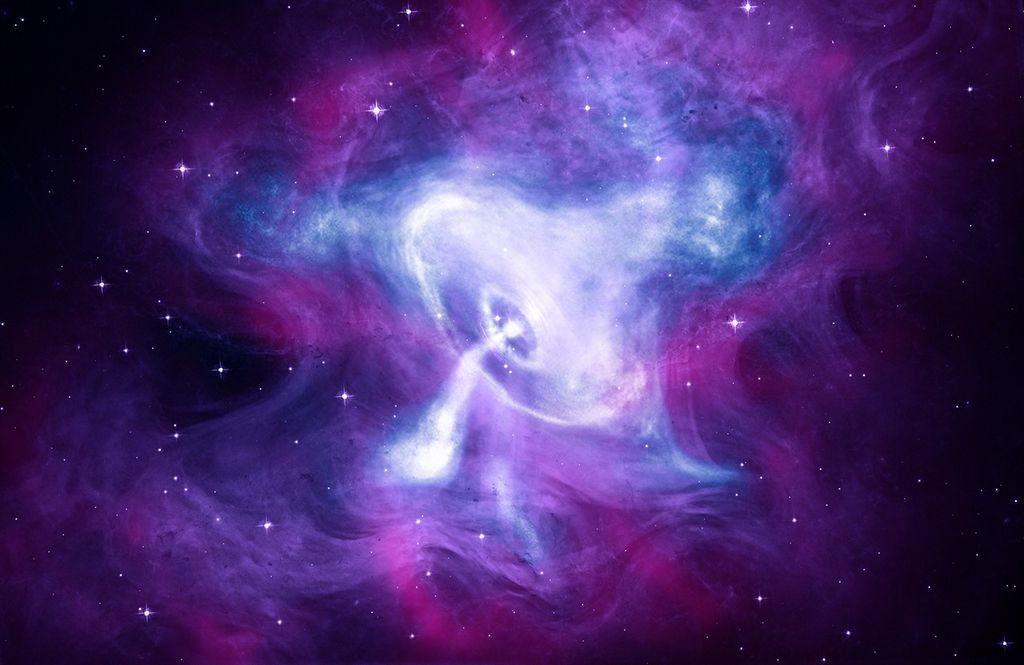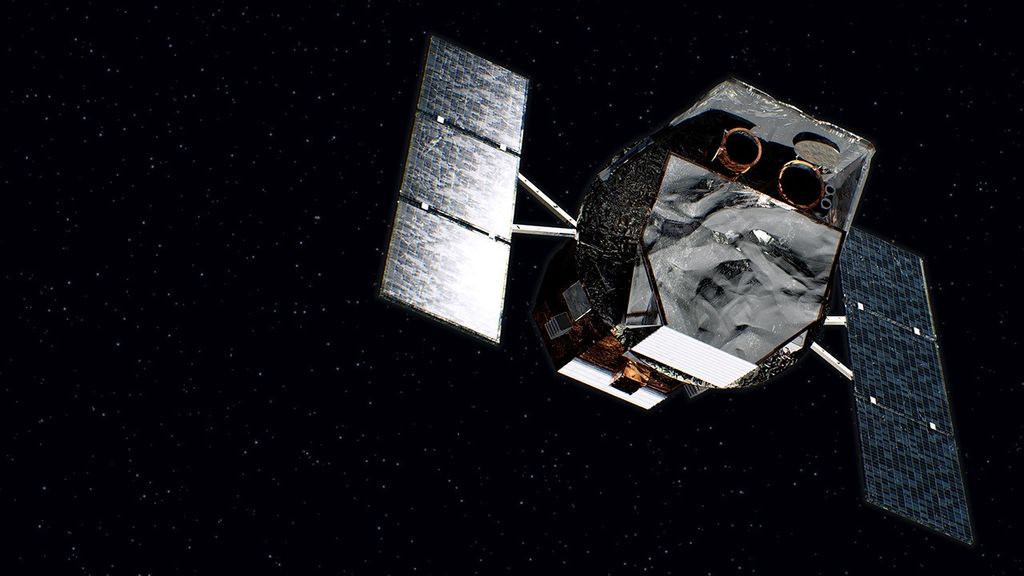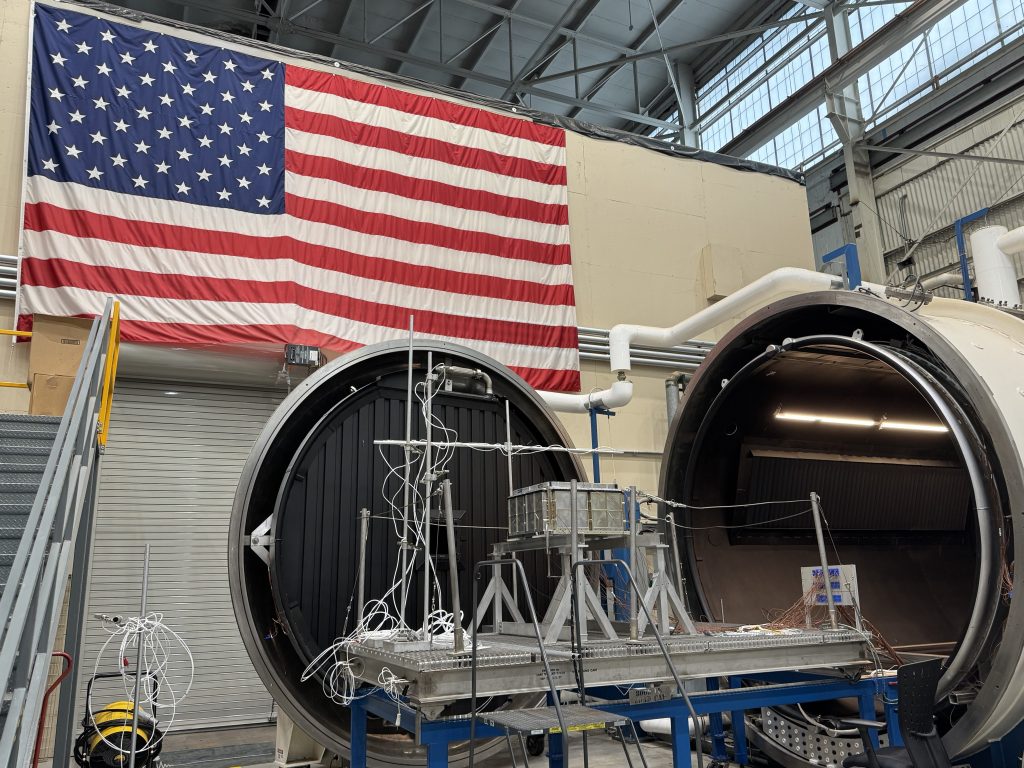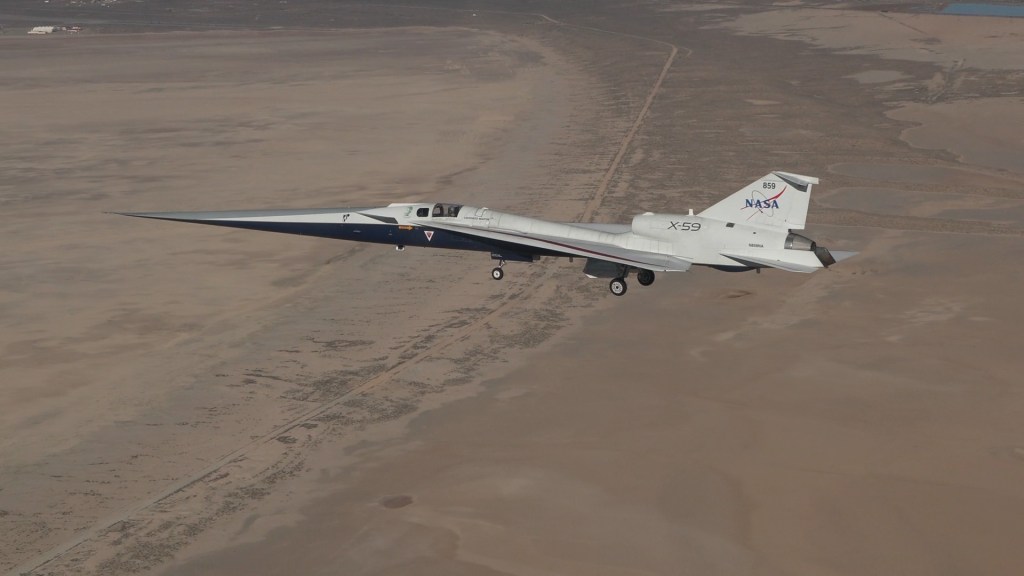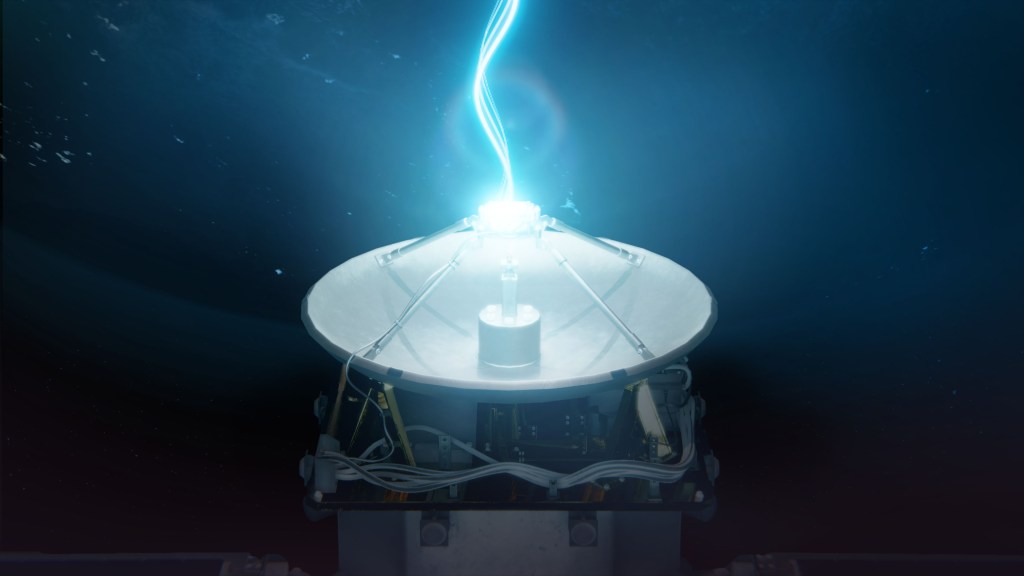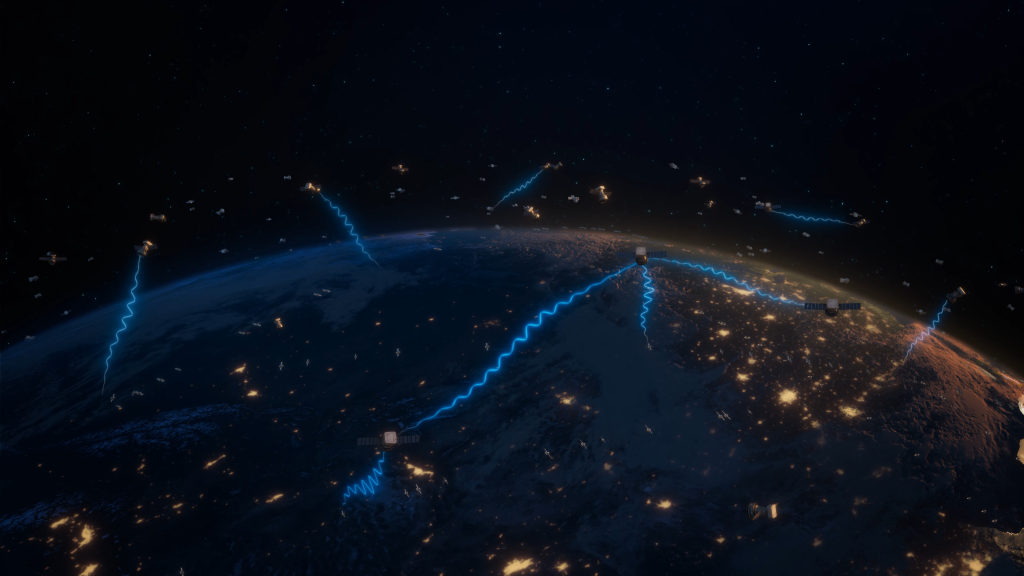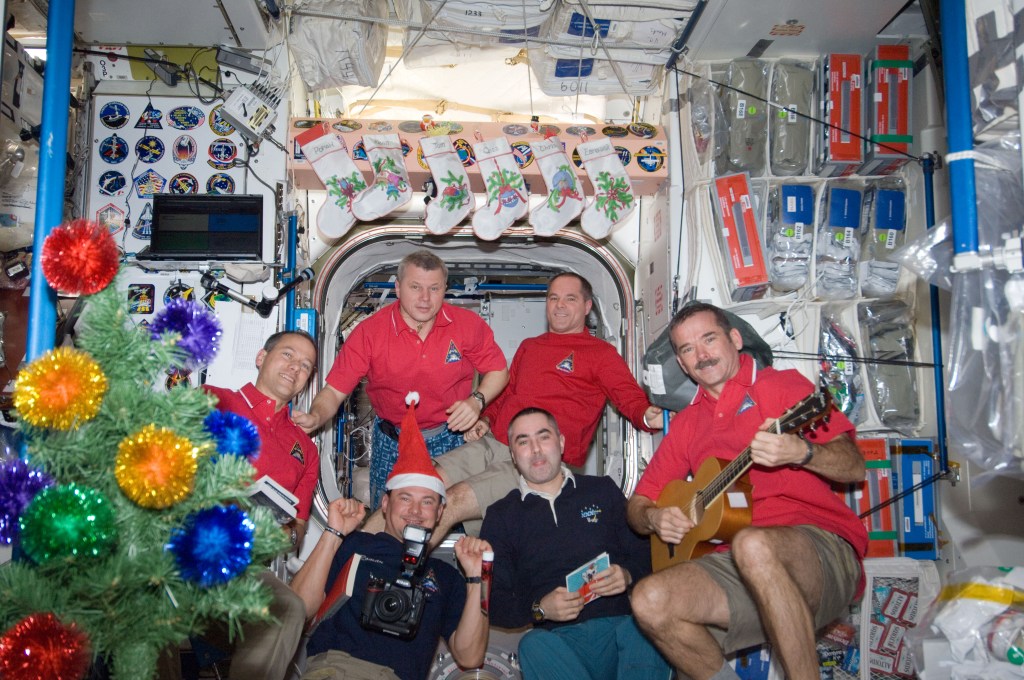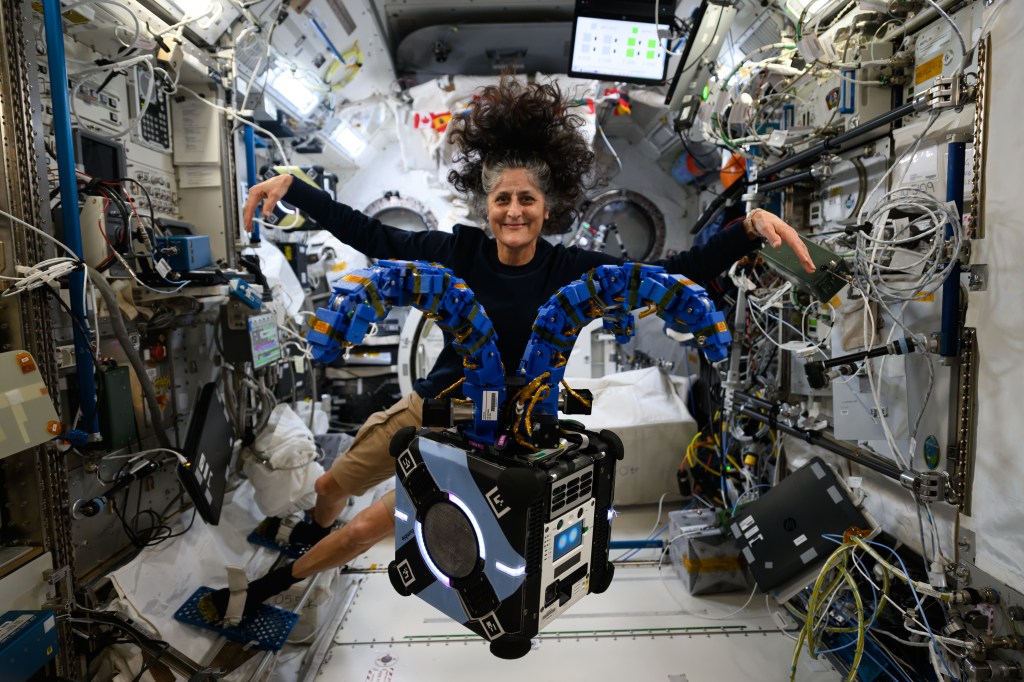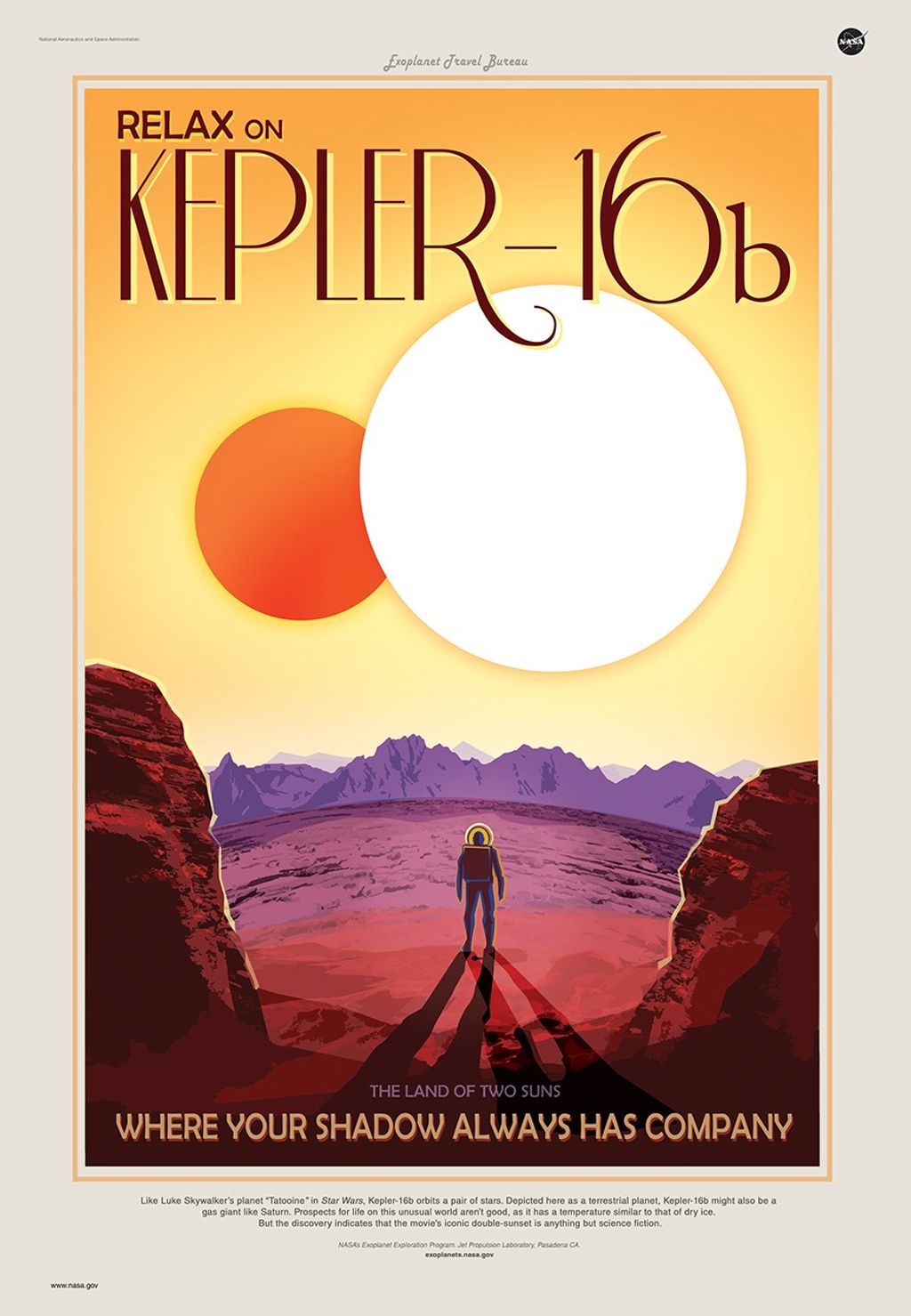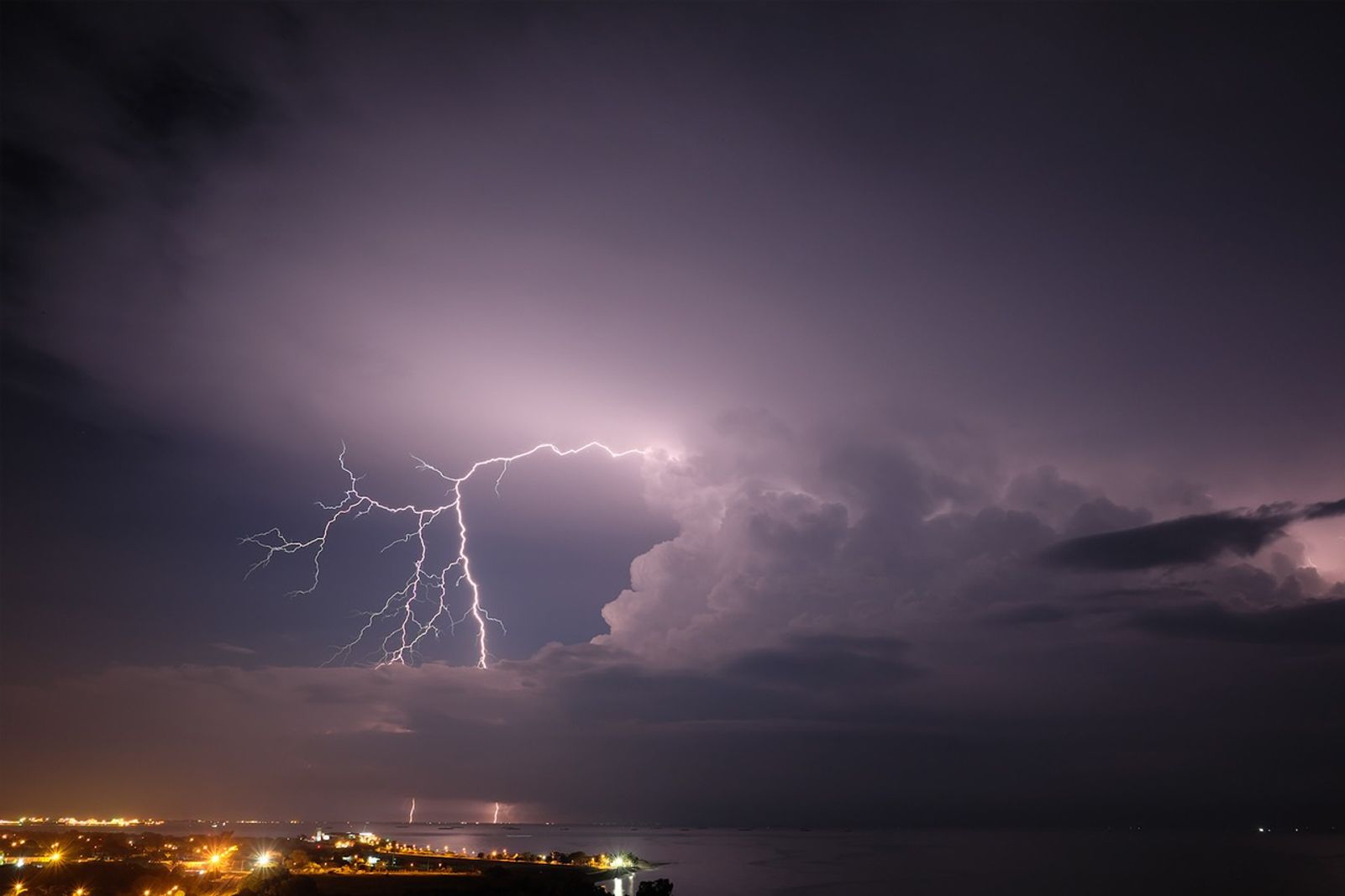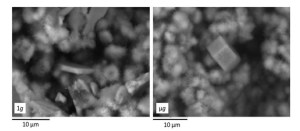2 min read
Amendment 55: New Opportunity in ROSES: A.50 Subseasonal-to-Seasonal Hydrometeorological Prediction.
This new program element in ROSES solicits proposals for investigations leading to increased understanding of Earth system predictability and increased predictive skill of hydrometeorological processes and quantities at subseasonal-to-seasonal (S2S) time scales. Investigations are expected to employ NASA and other agency satellite observations, as well as modeling focused on land hydrology as it relates to S2S prediction/predictability for either:
- The S2S prediction of hydrological land surface variables such as soil moisture, groundwater, evapotranspiration, surface runoff/river discharge, and snowpack, or
- To understand the role of hydrology in S2S prediction/predictability, such as how initialization of soil moisture, groundwater and/or snowpack lead to improved S2S prediction.
There is a particular interest in extreme event prediction/predictability, e.g., flood or drought prediction/predictability at S2S timescales, etc. The goal of the program element is to fund efforts that while not necessarily explicitly focused on the development and improvement of S2S prediction systems, can however demonstrate a "path to utility" in the investigation structure and objectives.
ROSES-2021 Amendment 55 releases a new opportunity in ROSES: A.50 Subseasonal-to-Seasonal Hydrometeorological Prediction (S2SHYD). Notices of Intent to propose are requested by February 8, 2022, and proposals are due March 10, 2022.
On or about December 10, 2021, this Amendment to the NASA Research Announcement "Research Opportunities in Space and Earth Sciences (ROSES) 2021" (NNH21ZDA001N) will be posted on the NASA research opportunity homepage at https://solicitation.nasaprs.com/ROSES2021 and will appear on SARA's ROSES blog at: https://science.nasa.gov/researchers/sara/grant-solicitations/roses-2021/.
Questions concerning A.50 S2SHYD may be directed to David Considine at david.b.considine@nasa.gov and cc Jared Entin jared.k.entin@nasa.gov, and/or Tsengdar Lee tsengdar.j.lee@nasa.gov.

